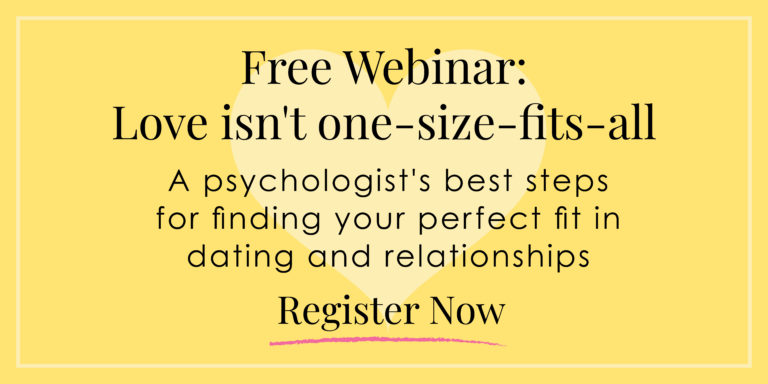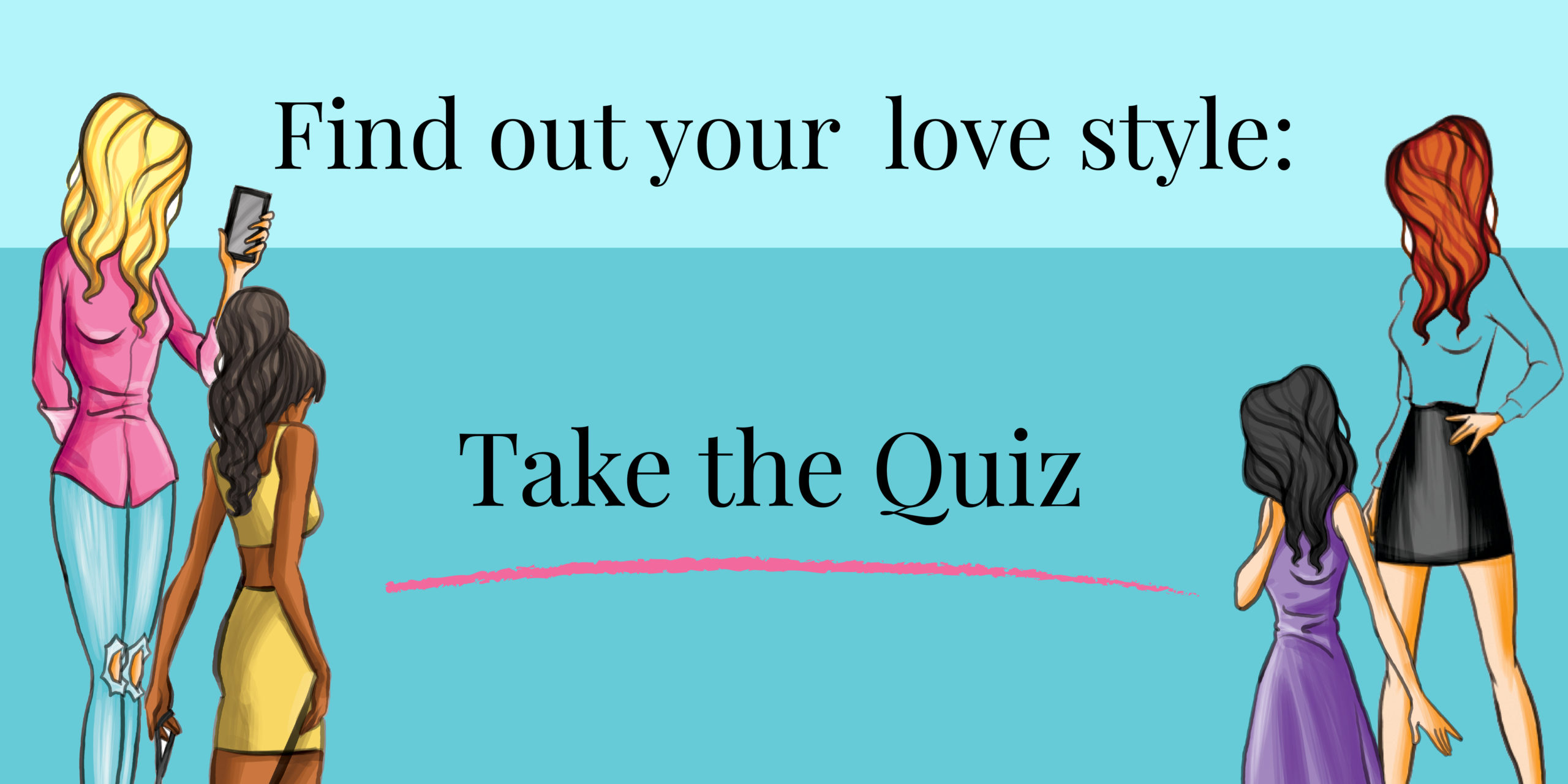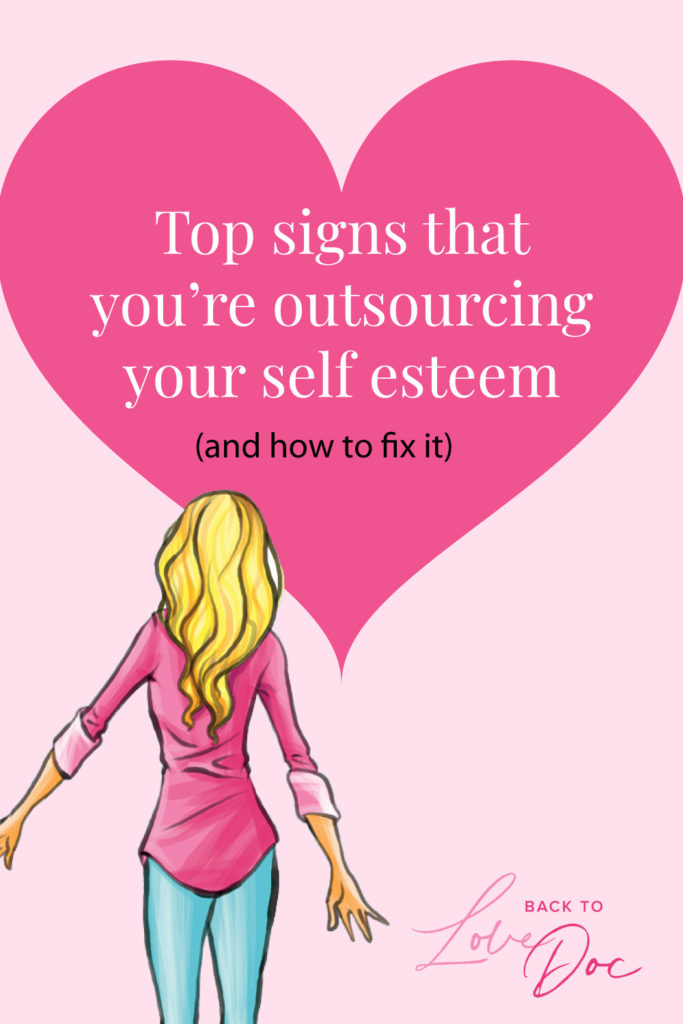If there’s anything I’ve learned during my 20 years as a psychologist, it’s that self-esteem is a lifelong journey.
Sourcing Self-Esteem
It’s incredibly common to see individuals who didn’t get enough love—or enough of the right kind of love—during childhood struggling with poor self-esteem. Children need love, care, and attention to thrive, and those who don’t get it may find themselves emotionally stunted later on in life.
In these situations, individuals who suffer from poor self-esteem often end up seeking that esteem from others. They turn to outside validation to assuage their anxiety and help boost their confidence. They often end up being drawn into unhealthy relationships by their desperate need to outsource self-esteem.
Most people love compliments—understandably so! And it’s always lovely to receive one. And relationships can be amazing, gratifying, and fulfilling when you’re with the right person. But seeking out compliments and relationships simply because they are validating becomes an issue at a certain point. It’s a problem when you are reliant on outside validation as your only source of self-esteem.
Self-esteem comes from within. No matter how many compliments you get from others, a person with low self-esteem may experience a hole in their psyche that simply cannot be filled. This reliance on validation from others may give you a momentary lift, but without some modicum of self-esteem, it will never be enough.
Secure Sophia & Nervous Nora
In my own practice, I regularly see people who fall into the polar opposite categories of self-esteem: these are the Secure Sophias and the Nervous Noras. As you can probably imagine, Secure Sophia is the model of a healthy relationship with self-esteem. She is confident, independent and secure in herself. While she loves a compliment as much as the next gal, she doesn’t rely on others to make them feel good about herself.
If Sophia had a catchphrase about relationships, she would probably echo the indomitable Cher: “Like dessert, a man is not a necessity. I adore dessert; I love men! But you don’t need them to live.” Nervous Nora, on the other hand, is often the poster child of poor self-esteem.
Recognizing The Signs
If you suffer from poor self-esteem, you may find yourself plagued by a negative voice in your head, telling you that you’re not good enough (even when that’s clearly not the case) or that you’re deserving of the bad things that happen to you. Although low self-esteem is an internal issue, you may actually end up sabotaging yourself and negatively impacting those around you. Poor self-esteem may take a toll on your relationships with friends and family, your professional connections and career aspirations, your romantic prospects, and your physical and mental health.
Low self-esteem can be influenced by a multitude of factors, including your genes, your childhood, relationships in adulthood, and psychologically stressful events like neglect, abuse, or trauma. Ultimately, though, poor self-esteem is primarily a result of your mental state. It’s all in your head.
Unfortunately, this doesn’t mean it’s any less affecting or easier to deal with. In fact, it’s probably harder: when you break your arm, you know how to fix it. A doctor sets it, you wear a cast for a few months, and maybe you do physio afterward. With mental health issues and psychological conditions, there’s no clear-cut solution to treat the issue. Often, it’s a combination of medication, therapy, painstaking mental and behavioral reprogramming, and a whole lot of patience.
Self-esteem starts when you learn how to trust yourself, your feelings, thoughts, and decisions. It’s not easy, but sometimes finding the right person means taking time to find yourself first. If you’d like to learn more about finding yourself, my courses can help. Discover yourself and find your true joy.
Dating is hard! But if you are a Nervous Nora or Nick, it’s easy to question and second-guess every little thing. Just know that you’re not alone. If you feel that your attachment style is giving you grief, there are strategies you can apply that will open up new doors to happiness.
Take our Love Styles Quiz to find out more about what makes you tick. And when you are ready to break up with anxiety and move on from overthinking, try one of our online courses and break out of the cycle.





